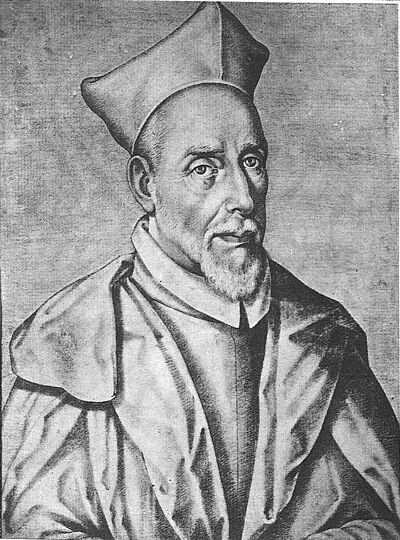One of my favorite finds from my Tramontana days was Guerrero's Canciones y villanescas espirituales, including this one - probably my favorite from the whole set!
Hoc est praeceptum meum
Currently on repeat in my head: this gorgeous piece by Francisco Guerrero (sung by The Advent Choir a few years back with yours truly on S1)!
Hoc est præceptum meum -- Francisco Guerrero (1528-1599) / The Advent Choir / Jeremy Bruns, conductor /
Hoc est præceptum meum ut diligatis invicem sicut dilexi vos. Maiorem charitatem nemo habet ut animam suam ponat quis pro amicis suis. Vos amici mei estis si feceritis quæ præcipio vobis. Vos autem dixi amicos quia omnia quæcumque audivi a Patre meo nota feci vobis.
This is my commandment, that ye love one another, as I have loved you. Greater love hath no man than this, that a man lay down his life for his friends. Ye are my friends, if ye do whatsoever I command you; I have made known to you all that my Father has told me, and so I have called you my friends.
(John 15:12-14,15b)
Maria Magdalene
Today I'm reveling in this glorious Guerrero motet (the model for the Lobo mass sung at Church of the Advent on Saturday/Sunday) and remembering that Jesus appeared to the women first.
Guerrero and the Plague
Here’s another post from 2019: Guerrero is known as one of the giants of renaissance polyphony, but he also was a plague victim. Before that he was held for ransom by pirates, spent time in prison, and wrote a book about his adventures, among other things.
Francisco Guerrero
Sure, Guerrero was a fantastic composer, but did you also know that he…
- was held for ransom by pirates
- spent time in debtors prison
- wrote a book about his adventures
- and died of the plague
Composers like to borrow
Composers never let a good idea go to waste. This week’s example of borrowing is Guerrero’s Missa de la batalla escoutez, based on Janequin’s madrigal “La Guerre” - a Spanish mass setting based on a French madrigal about the Battle of Marignano in 1515.

